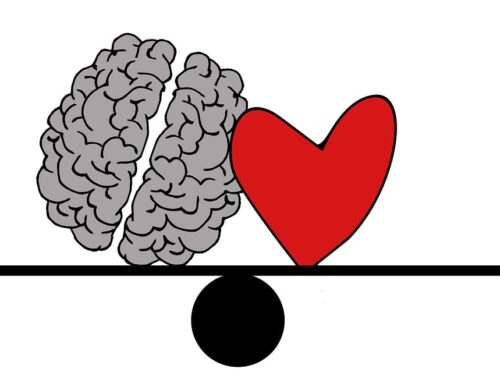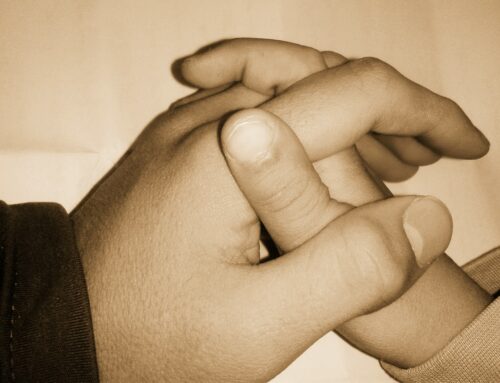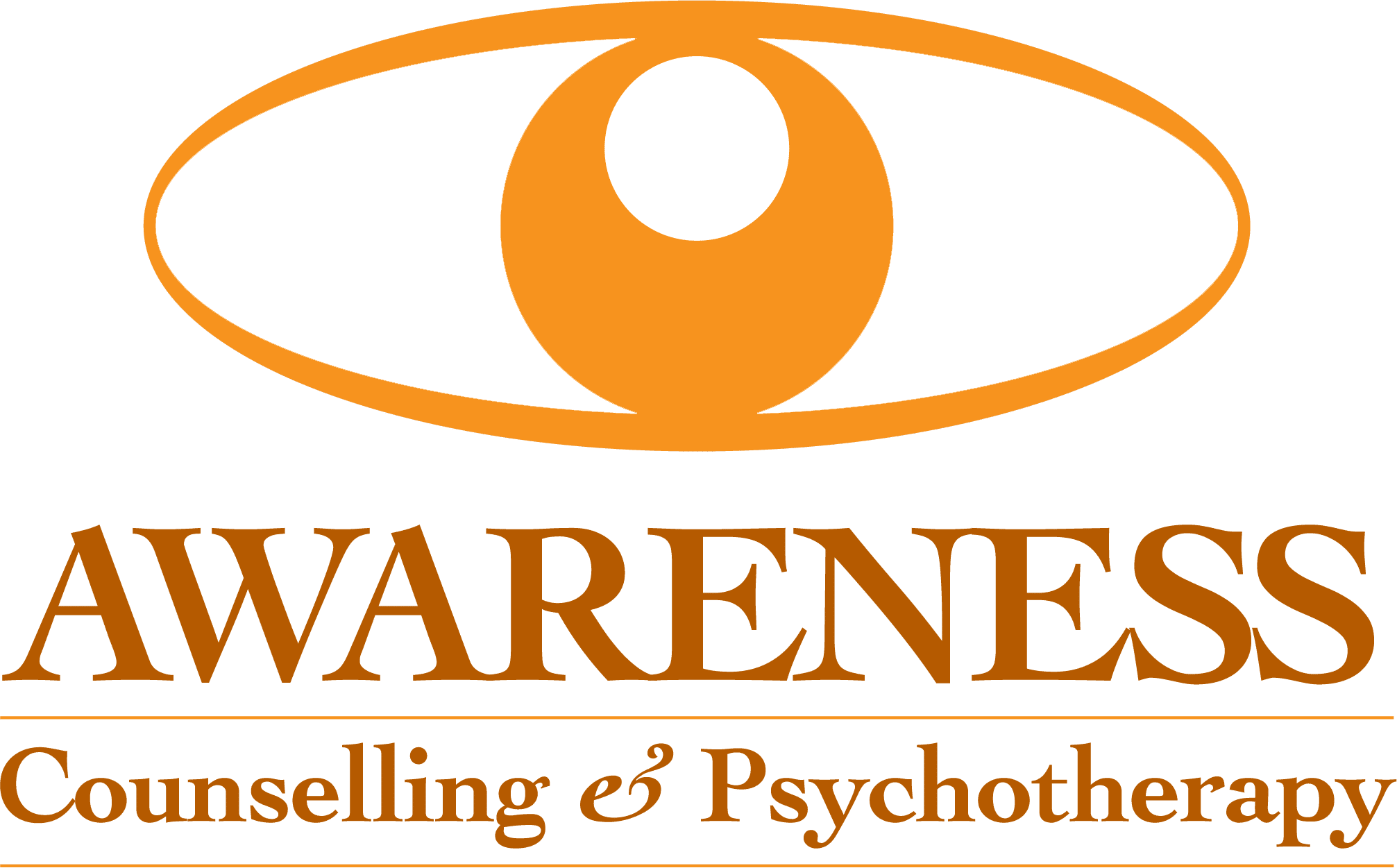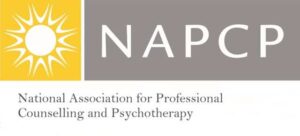Shame in Psychotherapy: Echoing Ann Voskamp’s Insight
Shame has a strange way of convincing us that we’re the only ones who feel this way, that our story is uniquely awful, or embarrassing, or broken. It thrives in silence, in isolation. And it’s why Ann Voskamp’s line “Shame dies when stories are told in safe places” has always stayed with me. There’s something deeply true in it. Not necessarily easy, but true.
The universality of Shame
In therapy, something shifts. Slowly, sometimes clumsily, people begin to tell the stories they’ve hidden. Not all at once. Not always clearly. But something comes out of a phrase, a detail, a look, and at that moment, they’re no longer carrying it alone. And that, in itself, starts to change the shape of shame.
What I’ve seen and what Brené Brown’s research has backed up is that when we’re met with empathy, something softens. The grip of shame loosens. Because it’s not just about being heard; it’s about being heard without judgment. That’s what lets people move from thinking “What’s wrong with me?” to something more like “Oh… I’m not the only one.”
And that’s not a small thing. It’s the beginning of self-compassion.
How Safe Spaces and Self-Compassion Transform Shame into Healing
Self-compassion doesn’t always come naturally. In fact, many of us have learned the opposite: to strive, to perfect, to judge ourselves before anyone else gets the chance. But when therapy makes room for imperfection, when it invites the full messiness of being human, something else becomes possible. We begin to speak to ourselves differently. Not always. Not instantly. But the tone changes. The pressure eases.
I’ve seen people go from carrying decades of shame, things they never thought they’d speak aloud, to suddenly having access to a softness they never imagined. Not because the pain disappeared, but because it stopped defining them. The story didn’t change. The relationship to it did.
Of course, it’s not just about individual relief. The impact runs deeper. When someone starts treating themselves with more care, it ripples out. Their relationships shift. Boundaries become clearer. Emotional regulation improves. Shame, after all, doesn’t just sit quietly in the background; it leaks into how we connect, how we love, how we allow ourselves to be loved.
And none of this happens without a space that feels safe enough to let it unfold. Not safe in the sense of being easy or comfortable all the time, but safe in the sense that even the hardest stories can be told and received, with care.
That’s why Voskamp’s quote matters. Because when someone says, “I’ve never told anyone this before…” and we stay curious, stay kind, something really does die. Or at least begins to. Not them. Not their story. But the shame that told them they had to hide.
And that’s where healing starts.









